Pfizer is close to submitting data to the Food and Drug Administration on a fourth dose of its Covid-19 vaccine, according to CEO Albert Bourla.
“Clearly there is a need in an environment of omicron to boost the immune response,” he told CNBC in an interview Friday.
Full coverage of the Covid-19 pandemic
Protection from the first two doses of the Pfizer-BioNTech vaccine waned substantially against the omicron variant, research found, though a booster shot restored much of that protection.
But Bourla said Friday that Pfizer’s scientists are now seeing the protection from the initial booster shot begin to wane against omicron after three or four months, meaning a fourth dose may be needed.
“We are going to submit to FDA a significant package of data about the need for a fourth dose,” he said, noting that the FDA and the Centers for Disease Control and Prevention would need to come to their own conclusions.
Other countries, including Chile, Israel and Sweden, already allow for a fourth vaccine dose for certain vulnerable populations.
Kit Longley, a spokesperson for Pfizer, told NBC News in a separate statement that the company will submit data to the FDA on a fourth shot when the company is “ready.”
“These results are early and preliminary,” he said. “We will continue to collect and assess all available data and remain in open dialogue with regulators and health authorities to help inform a Covid-19 vaccine strategy as the virus evolves.”
Omicron-fueled Covid cases nationwide have fallen significantly in recent weeks, after reaching record highs in January.
Download the NBC News app for full coverage of the Covid-19 pandemic
Federal health officials have said they are continuing to evaluate whether an additional dose will be needed, particularly in the fall, when Covid cases are expected to rise again. And vaccine makers, including Pfizer and Moderna, say they are prepared to update their shots this fall to target the dominant variant circulating.
Many health experts agree additional doses will be needed in the future, though how often remains up for debate, said Dr. Archana Chatterjee, a vaccine expert and dean of the Chicago Medical School at Rosalind Franklin University.
The CDC currently recommends people receive a booster five months after receiving their second shot of either the Pfizer or the Moderna vaccine or two months after receiving the single-dose Johnson & Johnson vaccine.
And if the additional shots are needed, they likely won’t be recommended for everyone, said Dr. Paul Offit, a vaccine expert at Children’s Hospital of Philadelphia.
People living in nursing homes, the elderly, those who are immunocompromised and those with high-risk conditions may benefit from an extra dose, he said.
Bill Hanage, a Harvard epidemiologist, agreed that an additional dose may be needed for certain groups, saying antibody levels may wane further over the summer, when the virus could continue to spread at low levels.
But young people, who are at a lesser risk for severe illness, are unlikely to benefit from an additional dose, he added.
Bourla said Friday that the elderly and those with underlying health conditions are likely at the highest risk and will likely need an additional dose.
Follow NBC HEALTH on Twitter & Facebook.

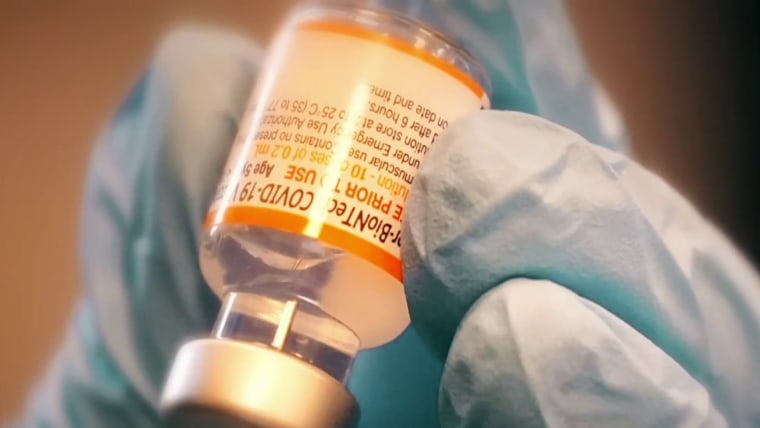

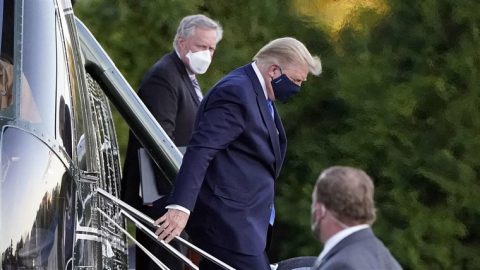
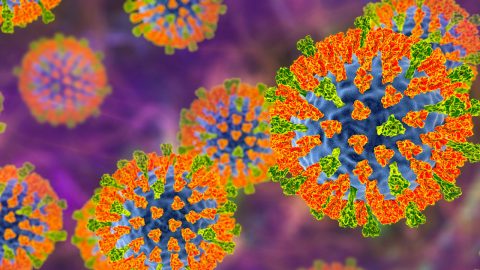
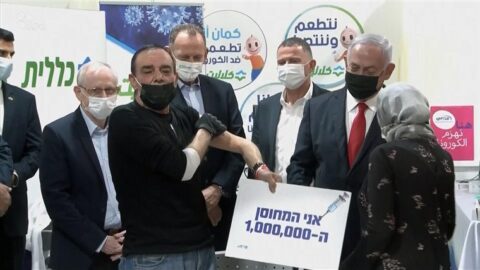
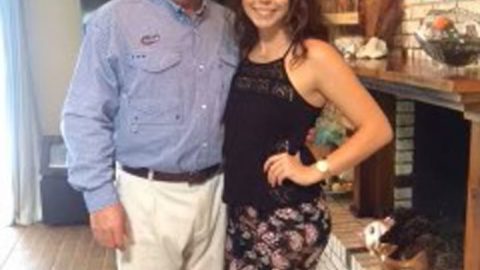
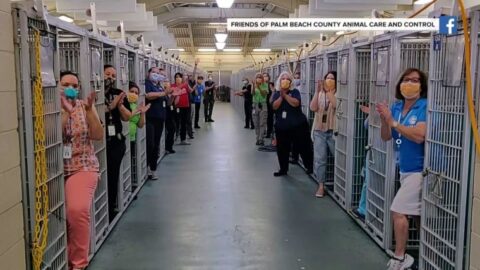
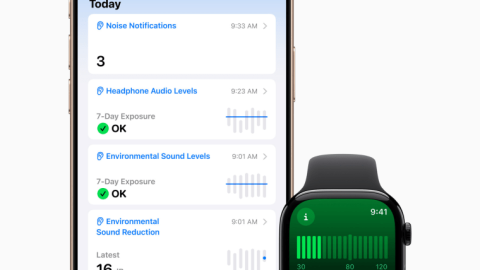
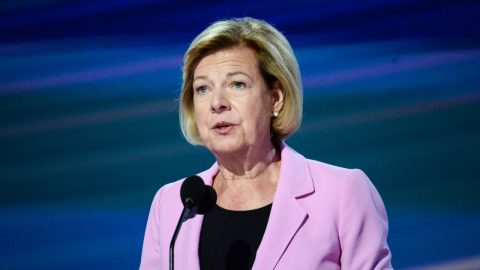
Recent Comments